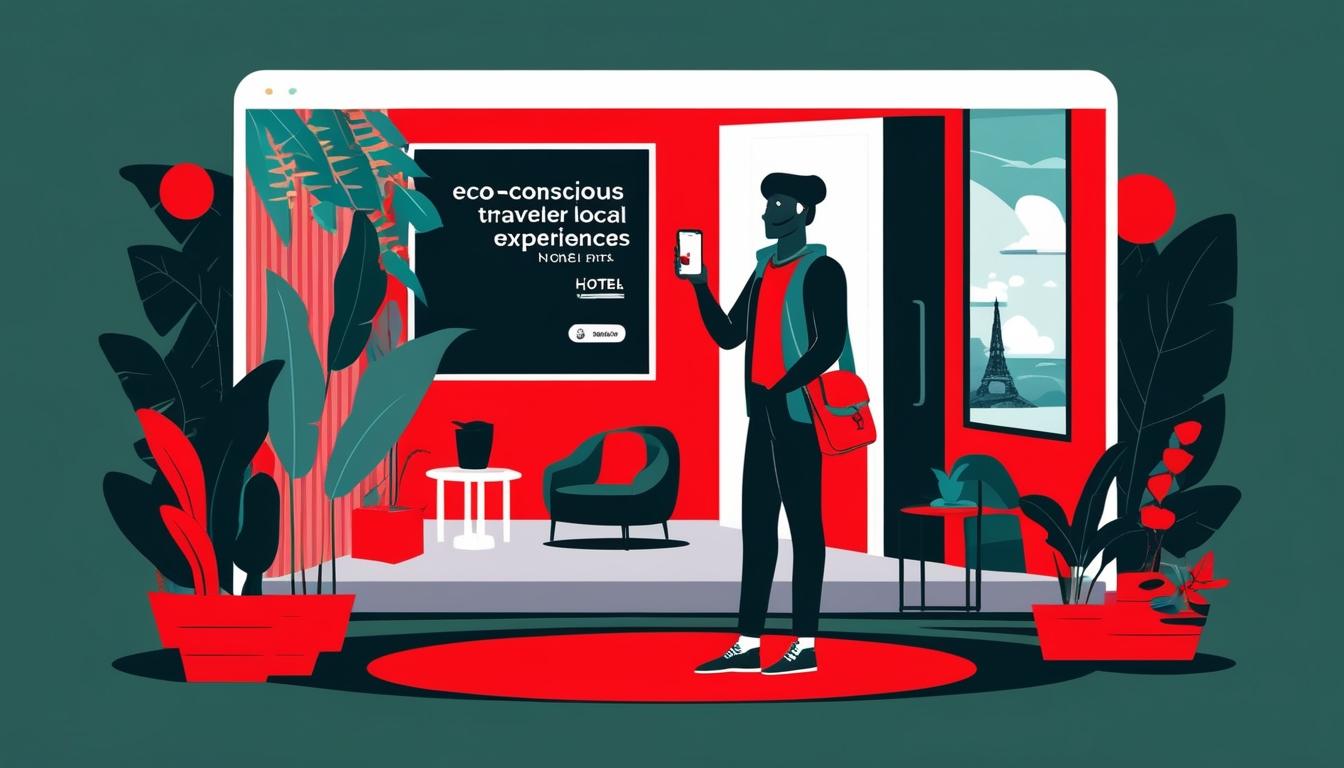The hospitality industry is poised for significant transformation as revealed in multiple reports focusing on the intersection of advanced technology, changing consumer behaviour, and evolving business models. Central to this evolution is the emergence of the 'everything traveller,' according to SiteMinder’s Changing Traveller Report 2025. This comprehensive survey, which interprets preferences and behaviours of hotel guests worldwide, identifies the growing demand for digital convenience coupled with a desire for meaningful experiences.
Over 12,000 travellers across 14 countries contributed to these insights, portraying the hotel guest of 2025 as eco-conscious and event-driven, keen to leverage technology for enhancing their travel experiences. Notably, despite a majority of global travellers (46%) opting for standard rooms, a significant 87% expressed a willingness to spend on enhancements such as local experiences or luxury amenities. This willingness to invest in ‘extras’ is particularly pronounced among younger demographics, with 83% of Gen Z respondents indicating a higher likelihood of travel for events. This trend signals potential revenue maximisation opportunities for hoteliers, particularly with 65% of respondents endorsing demand-based pricing strategies.
The report highlights that a notable 71% of UK travellers are expected to embark on domestic trips in 2025, with Scotland, London, and the South West being prime destinations. Their budget-conscious approach, marked by a ‘saving to spend’ mentality, reflects an increased inclination to optimise spending. While more than half (57%) of British travellers are inclined to pay extra for sustainable options, there remains a cautious stance towards dynamic pricing—a finding echoed by only 49% supporting the approach while 23% opposed.
In parallel, the integration of AI and automation is shaping the future of web development and business operations in multiple sectors, including hospitality. TechBullion notes that headless content management systems (CMS), which dissociate content management from the presentation layer, are gaining traction. This shift enhances user experience across diverse platforms and allows businesses to deliver tailored content effectively in a landscape increasingly dominated by personalised consumer interactions. The implementation of AI-powered tools—ranging from chatbots to predictive analytics—further streamlines operations, enabling businesses to enhance user engagement and optimise performance.
Moreover, with the rise in cyber threats, organisations are incorporating heightened security measures such as HTTPS, two-factor authentication, and secure plugins to safeguard user data. As businesses look to improve their online infrastructures, the shift towards cloud-based solutions offers substantial flexibility and scalability, particularly for e-commerce platforms that require robust performance during peak traffic.
A further trend identified in the hospitality sector is a noticeable pivot from reliance on online travel agencies (OTAs) towards direct bookings. This shift is driven in part by the rise of AI chat tools, transforming how consumers search for accommodations. As travellers begin to utilise AI for personalised hospitality recommendations, hotels find themselves at a critical juncture; it becomes imperative to enhance their digital presence to leverage this change effectively.
Matt Welle, CEO of Mews, discusses the imperative of these technological advancements, stating that AI is poised to revolutionise guest experiences by addressing long-standing operational challenges within the hospitality industry. The application of AI not only helps in streamlining operations and improving productivity but also supports the increasingly complex demands of modern travellers. Digital technologies aim to create a more efficient operational model, enabling staff to evolve from data entry roles to engaging directly with guests.
In light of these findings, hotels are diversifying their offerings to cater to an array of customer demands, including extended stays and hybrid arrangements. This evolution reflects a broader shift in traveller preferences, particularly among those emerging from the pandemic who seek more flexible accommodation options. Notable hotel chains are adapting to these changes through strategic acquisitions and investments aimed at enhancing their appeal to long-term and hybrid travellers.
In conclusion, the insights reported across various industry analyses underscore the necessity for hospitality operators to adapt their strategies in response to evolving traveller expectations powered by technological advancements. Embracing AI, improving digital infrastructures, and diversifying service offerings stand as crucial pillars for success in a landscape marked by both transition and opportunity. With the changing dynamics of the hospitality sector, the focus is increasingly shifting toward creating unique, personalised experiences that resonate with the contemporary 'everything traveller.'
Source: Noah Wire Services
